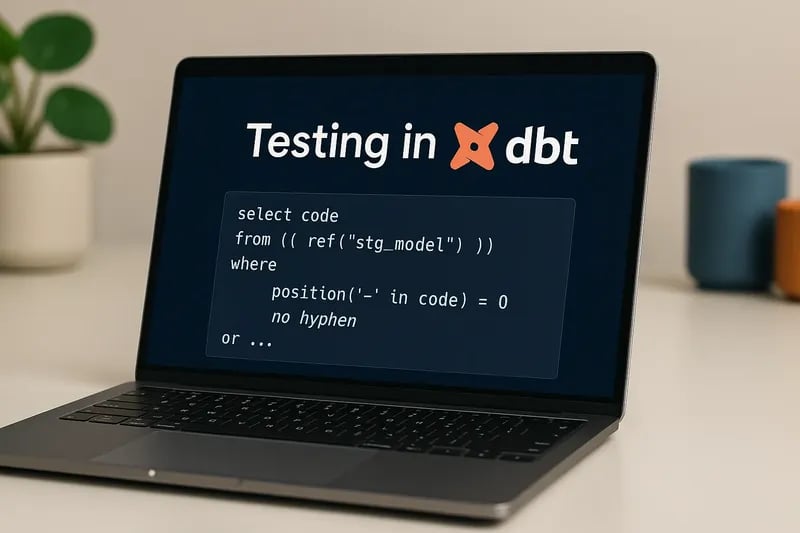
Sunscrapers Team
30 November 2022, 9 min read

Although Node.js and Django are completely different tools, they are both considered when deciding what technology to use while building web applications. Let us introduce to you both - Django and Node.js.


